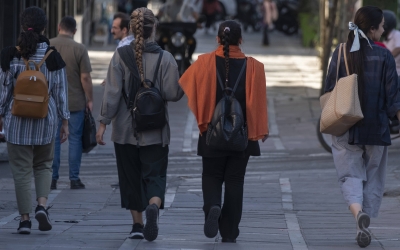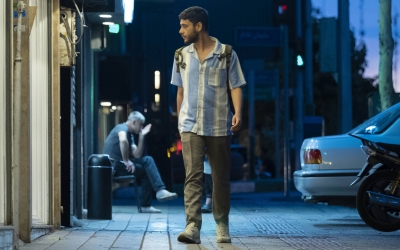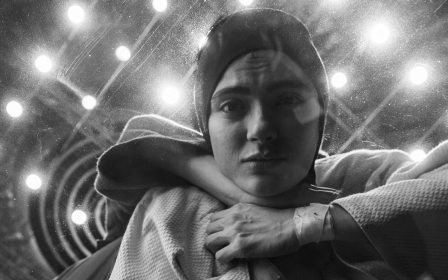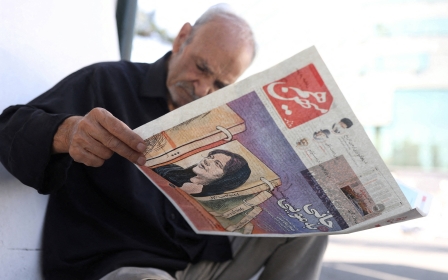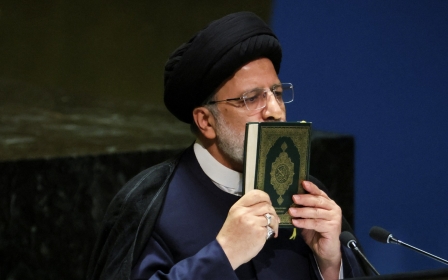Iranian press review: Iranians shocked by brutal murder of prominent director
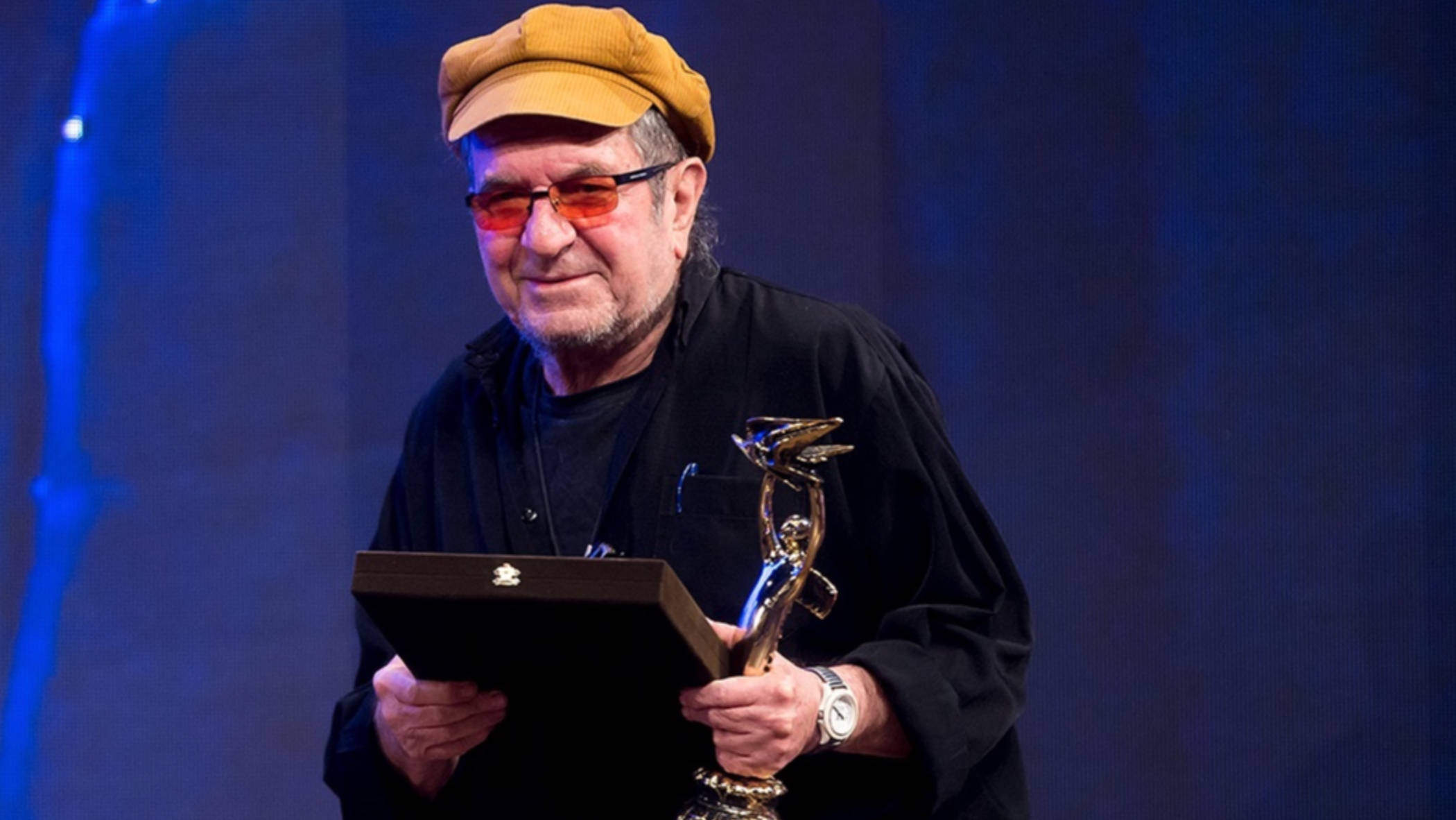
Prominent director and wife stabbed to death
The murder of Iranian avant-garde film director Darioush Mehrjui and his wife Vahideh Mohammadifar has sparked shock and anger among ordinary Iranians, as well as artists and cinematographers.
On Saturday, Mehrjui and Mohammadifar were found dead with their bones broken and their throats cut in their villa in an affluent neighbourhood of Karaj. Their funeral was held on Wednesday.
Following the murder, the front pages of all leading dailies were covered with images of Mehrjui and obituaries for a director who was one of the founders of Iranian New Wave Cinema in the late 1960s.
Internationally acclaimed Iranian director Shahram Mokri wrote that the killing of Mehrjui was a "symbolic death" of a director who was one of the pioneers of post-revolution cinema in Iran.
Other commentators scrutinised his murder and its impact on Iranian society, which was already in shock after the hospitalisation of Armita Garawand, a 16-year-old girl who was attacked by the morality police on the subway early in October for not wearing the mandatory hijab.
In an editorial for the Ham Mihan daily, Iranian veteran journalist Afshin Amirshahi wrote that "this murder did not have only two victims," adding that the incident affected the entire Iranian society.
"How can those responsible for providing security in the country not find a way to save the lives of citizens? What other than people's security are the various security, judicial, and intelligence bodies in the country focused on that we witness such horrifying incidents now and then?" he asked.
Iranians accuse minister of hypocrisy
Iran's Minister of Tourism and Cultural Heritage Ezzatollah Zarghami has been accused of hypocrisy after posting on the social media platform X, formerly known as Twitter, expressing support for Palestinians in Gaza.
On 12 October, Zarghami posted a video of Lebanese artist Julia Boutros singing a song that praised the fight of the Lebanese armed group Hezbollah against Israel.
The video was a 43-second clip from one of Boutros' live concerts, with Farsi and Arabic subtitles.
"The singing of the song Al Haq Selahi with the artistic performance of the Lebanese Christian singer Julia Boutros summarises the Resistance strategy. The first weapon of the Palestinians is their righteousness," wrote the ultra-principlist politician.
The Israeli military has carried out a brutal bombing campaign on the Gaza Strip since war between Hamas and Israel started on 7 October.
In response to his post, Iranians criticised Zarghami on X, reminding him of the ban in Iran on women singing and appearing in public without the Islamic hijab, accusing him of hypocrisy.
"[This is] a symbol of the dominant charlatanism and scheming in the Islamic Republic [of Iran], causing nausea and anger. The minister of a government that has fined, intimidated, arrested, and imprisoned women to impose the mandatory hijab is republishing the song of a singer without a hijab," stressed Iranian diaspora journalist Morteza Kazemian.
Other Iranians reminded Zarghami, a former member of Iran's Islamic Revolutionary Guard Corps, of the 10 years he served as the director of the country's only broadcaster, the Islamic Republic of Iran Broadcasting (IRIB), during which he implemented severe censorship on live music performances.
"Yes, 'Mr Minister', do you see how lovely and sweet it is to listen to women's voices?" wrote Iranian documentary maker and researcher Hossein Dehbashi.
"But the Islamic Republic of Iran has problems with all the lovely and sweet things! And yes, mister former director of IRIB, do you hear how lovely it is to hear and see the accompaniment of various instruments? Yet, you always banned showing the instruments to the audience. Why?"
Brawl erupts in mall over hijab law
A confrontation over the hijab law erupted between a group of men and paramilitary Basij members in the religious city of Mashhad, resulting in a physical brawl that went viral on Farsi social media.
On Sunday, a video was shared on social media showing a Basij member assaulting an ordinary man, reportedly the owner of a shop in Armitaj Mall in Iran's second-largest city, Mashhad.
Eyewitnesses said that the encounter occurred after Basij members urged women to adhere to the hijab law and slapped a girl not wearing a veil. This prompted shop owners and mall security to intervene, requesting that the Basij members leave the mall.
Subsequently, the mall's public relations director announced that the police had arrested the group but released them without pressing charges.
On Tuesday, the Farsi website Ensaf News interviewed one of the attackers, who openly defended their actions, emphasising that they had not violated any laws.
"Amr bil Maroof does not require permission, and that is the law," the Basij member told Ensaf News, referring to what is known in Islamic sharia as promoting Islamic virtue and preventing vice.
He even warned the journalist: "I caution you that the law stipulates that those obstructing Amr bil Maroof may face a penalty of six months to two years of imprisonment."
The paramilitary member added, "Amr bil Maroof is akin to prayer. Do I need permission to pray inside Armitaj Mall? I require no permission for Amr bil Maroof. If you have issues with that, you can work to change the law."
*Iranian press review is a digest of news reports not independently verified by Middle East Eye
Middle East Eye propose une couverture et une analyse indépendantes et incomparables du Moyen-Orient, de l’Afrique du Nord et d’autres régions du monde. Pour en savoir plus sur la reprise de ce contenu et les frais qui s’appliquent, veuillez remplir ce formulaire [en anglais]. Pour en savoir plus sur MEE, cliquez ici [en anglais].


